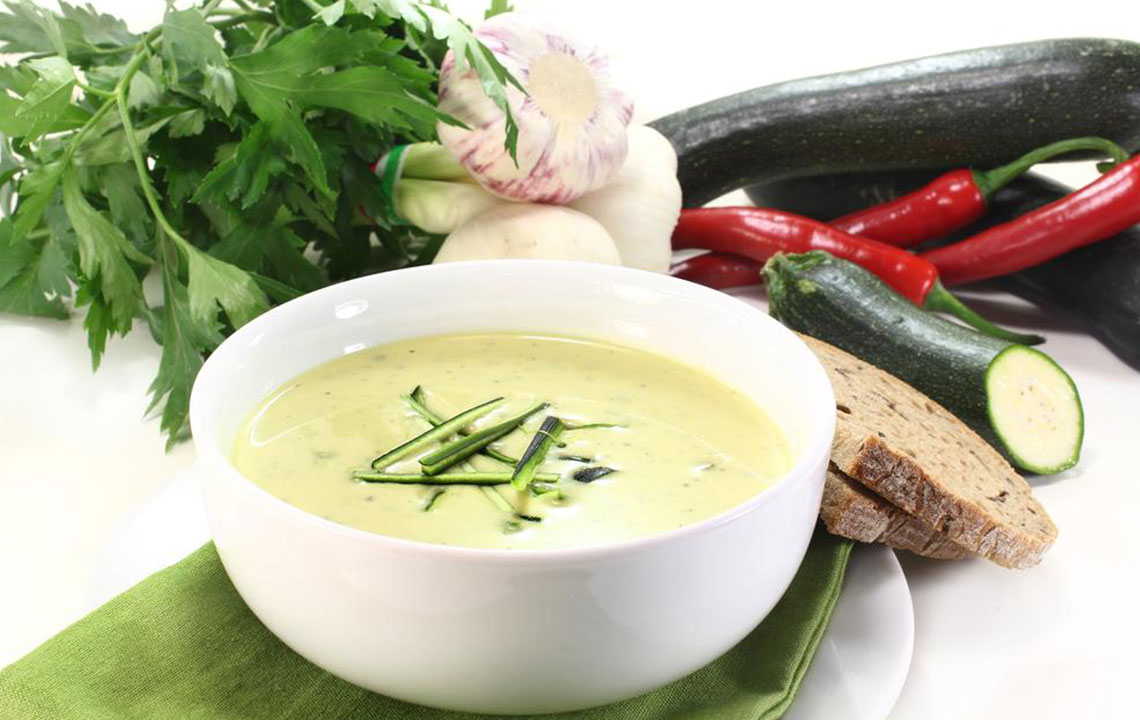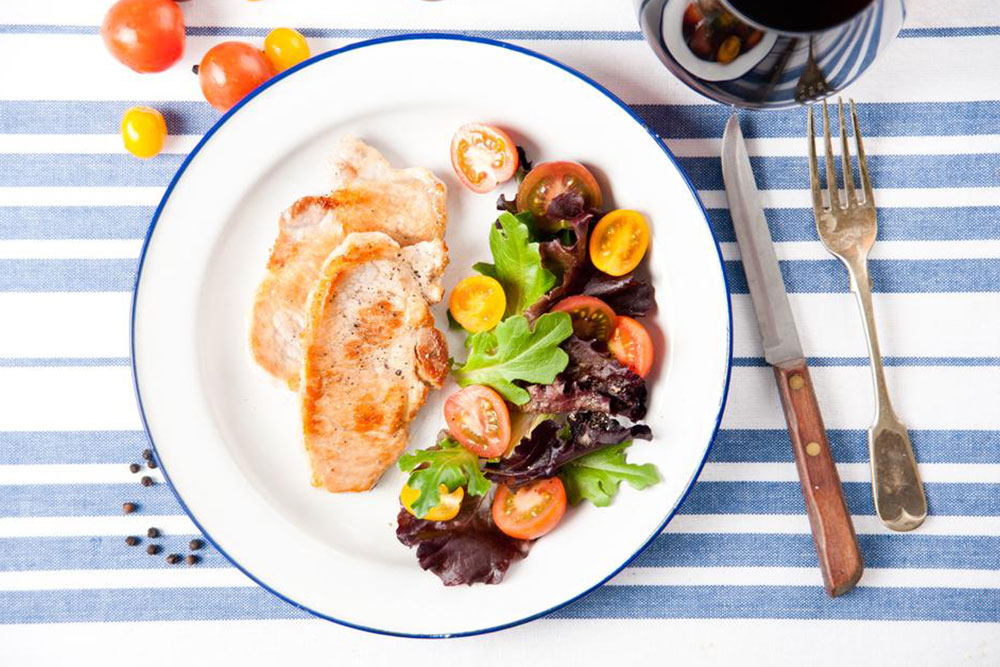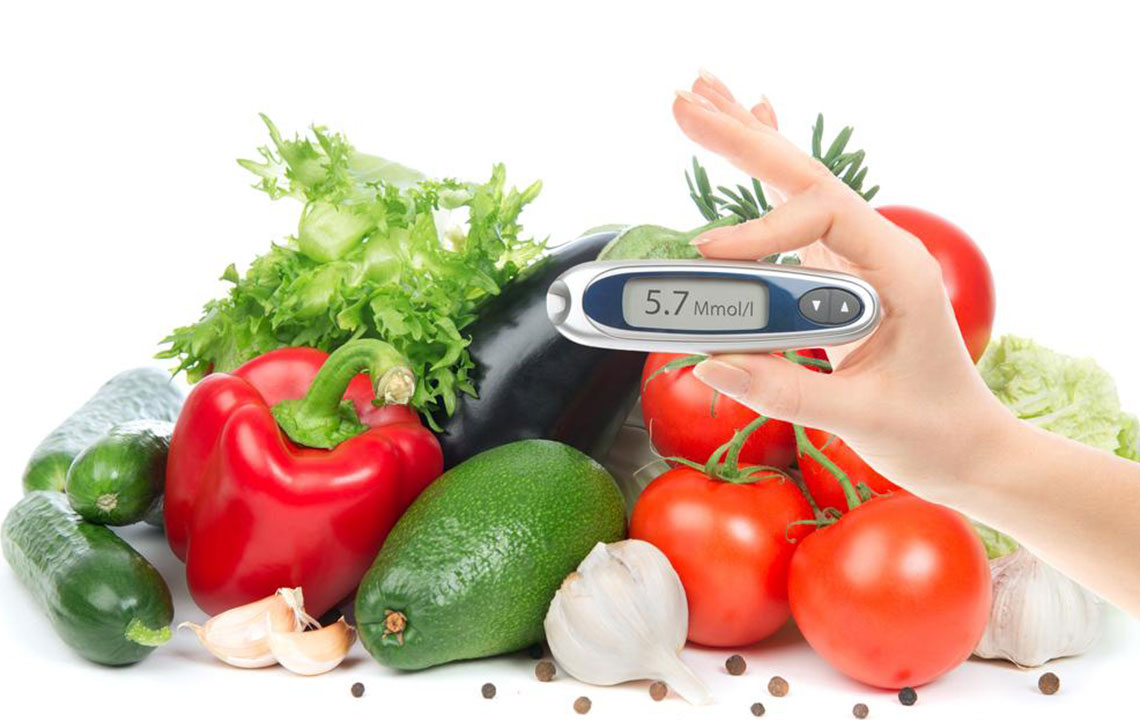Essential Dietary Tips to Manage Gout Effectively
Discover effective dietary strategies to manage gout. Learn which foods to incorporate or avoid, the importance of hydration, and natural remedies like cherries and moderate coffee intake. Long-term lifestyle adjustments are key to preventing attacks and protecting joint health.
Sponsored

Understanding Gout and Its Management
Gout is a type of arthritis caused by elevated uric acid levels in the bloodstream, leading to crystal formation around joints. These crystals trigger sudden, intense pain and swelling. High uric acid can stem from factors like excess alcohol, obesity, or impaired kidney function. Managing these levels is crucial to prevent flare-ups. Proper dietary and lifestyle changes, combined with medical supervision, play a vital role in controlling gout. Here’s a comprehensive guide to anti-gout nutrition that supports joint health and reduces attack frequency.
Adopting an anti-gout diet can alleviate symptoms and lower the risk of recurrent attacks. It’s important to consult a healthcare professional for an accurate diagnosis and tailored treatment plan. Once approved, integrating dietary adjustments can make a significant difference in managing uric acid levels effectively.
Foods to Limit or Avoid
Start by cutting back on foods containing refined sugars, such as sodas, processed juices, sweets, and baked goods, as they can promote uric acid buildup. Moderation is key with high-purine foods like red meats, organ meats, shellfish, and certain vegetables like spinach, mushrooms, peas, asparagus, and cauliflower, which can elevate uric acid levels. Alcohol consumption should be minimized or eliminated, as it significantly increases uric acid. Additionally, avoid processed fast foods and focus on home-cooked meals to better control ingredients and portions.
Stay Properly Hydrated
Drinking plenty of water helps flush out excess uric acid. Aim for at least eight glasses daily to support kidney function and prevent crystal formation.
Cherries and Antioxidants
Consuming cherries or cherry juice may reduce gout attacks due to their antioxidant properties, which can lower uric acid levels. Opt for organic options for optimal benefits.
Incorporate Low-fat Dairy Products
Low-fat options like skimmed milk and yogurt provide essential proteins and may help regulate uric acid, making them a beneficial addition to your diet.
Choose Suitable Carbohydrates and Vegetables
Include starchy carbs such as potatoes, brown rice, oats, quinoa, and whole wheat bread. Vegetables like broccoli, Brussels sprouts, and lima beans contain limited purines and support overall health.
Eat a Variety of Fruits
Fruits rich in vitamins like strawberries, oranges, bananas, pineapples, mangoes, and watermelons help detoxify the body and provide essential nutrients.
Enjoy Coffee in Moderation
The antioxidant chlorogenic acid in coffee may reduce gout flare-ups. Consume it without added sugars or artificial sweeteners, and consult your doctor if you have concerns about caffeine intake.
Adopting an anti-gout diet should be a long-term lifestyle change, not just a temporary fix. Proper management can prevent joint damage and kidney issues. Early intervention, combined with dietary and medical strategies, ensures effective control of gout symptoms.






